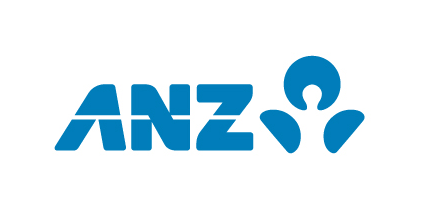
Making a house truly energy-efficient takes more than simply switching a few light bulbs. So, is green renovation worth it for an investor?
Many experts, like Associate Professor Stuart McAuliffe of Bond University’s Institute of Sustainable Development and Architecture, believe it is. He maintains that consumer demand for sustainable products is increasing.1 For example, he says, the huge demand for greener vehicles has meant car manufacturers had to turn hybrid cars from a novelty to “orthodox strategy” in just a few years.1
According to McAuliffe, the demand for sustainability, fuelled by rising energy and resource prices, will influence future housing markets.1 He claims that making your property more sustainable can “future- proof” your investment by increasing its appeal and value.1
A real-world example of this comes from the ACT where, since 1999, they’ve had a mandatory disclosure scheme where houses for sale receive an efficiency rating from zero to ten.
A recent study showed that buyers there willingly pay an average of 3% more for a similar property with an extra star.2 This means that investors spending just $1,200 on insulating a $400,000 property could increase its value to around_$412,000.3
Though currently only in the ACT, the Government is planning a nationwide energy-efficiency disclosure system in the next few years.3 That means starting now could put you ahead of the pack when ratings arrive. Plus, making a few small changes may make your property more comfortable and appealing today, encouraging tenants to stay and reducing vacancy periods.
References
1. ‘How will sustainability affect real estate?’, liveability.com.au, accessed 4 January 2013.
2. Australian Bureau of Statistics and Department of the Environment, Water, Heritage and the Arts, ‘Energy efficiency rating and house price in the ACT’, nathers.gov.au, 2008.
3. ‘Greening your property makes money and sense’, environmentvictoria. org.au, accessed 4 January 2013.
4. ‘During the tenancy’, lawhandbook.org, accessed 17 January 2013.
Disclaimer: The information is in summary form and does not purport to be complete. It is intended as a general guide only and is not a substitute for professional advice. The information does not take into account your personal needs and financial circumstances and you should consider whether it is appropriate for you.


